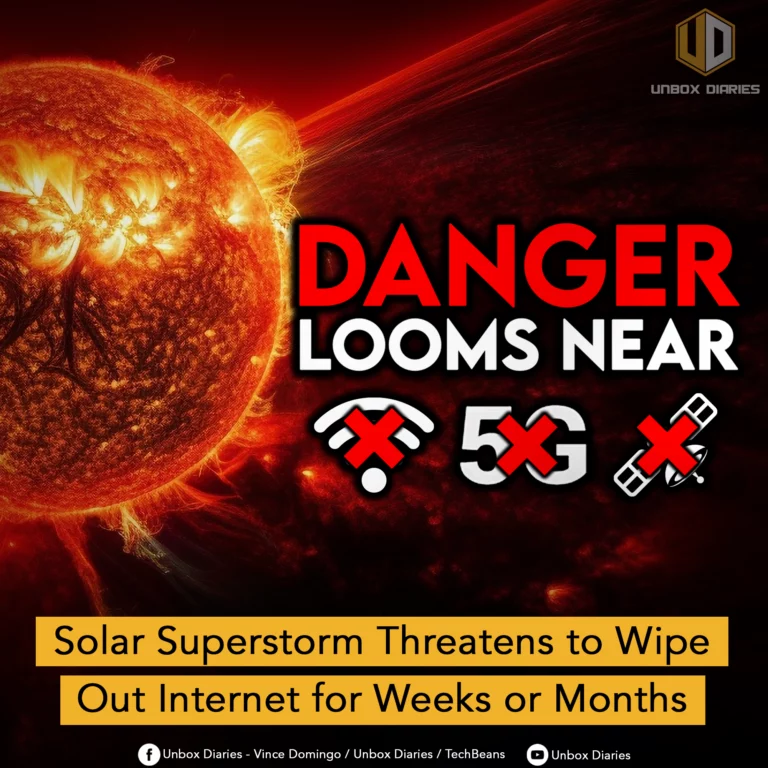The internet has become an indispensable part of our modern lives, enabling us to communicate, conduct business, and access information with unprecedented ease. However, this reliance on the internet could be severely disrupted by a powerful solar superstorm, a phenomenon that scientists warn could potentially “wipe out the internet” for weeks or even months.

What is a solar superstorm?
A solar superstorm is an intense burst of energy emanating from the sun, capable of sending massive clouds of charged particles hurtling towards Earth. These particles, when interacting with Earth’s magnetic field, can induce powerful electrical currents that surge through power grids and telecommunications infrastructure.
What are the potential impacts of a solar superstorm?
The consequences of a solar superstorm could be far-reaching, impacting not only our internet access but also transportation, banking, and other critical sectors. A prolonged internet outage could cripple modern economies, disrupt supply chains, and even pose risks to public safety.
How likely is a solar superstorm to occur?
According to experts, the likelihood of a major solar superstorm occurring in the next decade is around 10%. While the exact timing and severity of such an event are unpredictable, the potential impact is significant.
What is being done to mitigate the risk of solar superstorms?
In response to this growing concern, scientists and government agencies are working to develop early warning systems and mitigation strategies to minimize the impact of solar superstorms. These efforts include enhanced monitoring of solar activity, improved infrastructure shielding, and the development of more resilient communication networks.
How can we protect electronics?
Professor Becker and his team are watching the sun and modeling flares. Flares, he said, reach Earth in 8 minutes. That sets the clock ticking for the possible magnetic field disruption in 18 to 24 hours.
“If we have a warning, every minute counts because you can put satellites in safe mode. You can take transformers off-line from the grid, so they don’t fry,” Becker said. “So there’s things you can do to mitigate the problem. And then, more long term, you’re talking about hardening the internet. And that’s, of course, an economic challenge because it’s sort of like an insurance policy. You may never need it, and it would cost trillions to really harden the system.”
He said most large corporations don’t have the economic incentive to harden their system at this point.
By acknowledging the potential risks and taking proactive measures, we can lessen the impact of a solar superstorm and ensure the continued resilience of our interconnected world.















